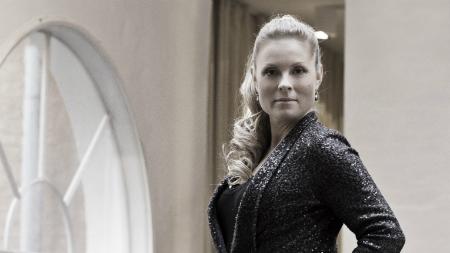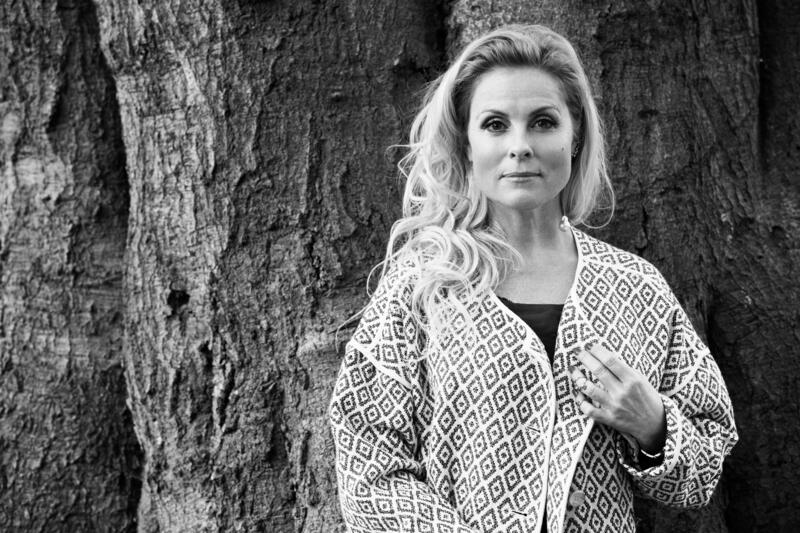Sigrid Dyekjær may be petite, but the force field around her is huge. Were the Good Lord ever to declare that the human species had grown so dumb that he was throwing in the towel and pressing the doomsday button, Dyekjær would put a calming hand on everyone's arm and say, "Don't worry, I'll find someone else to work with!"
"If you want to communicate with an audience, you have to think PR and strategy from day one of the filmmaker getting her idea."
On 15 May 2013, Phie Ambo's documentary "Free the Mind" is screening in Madison, Wisconsin, with the planned attendance of none other than the Dalai Lama, along with mindfulness expert Richard Davidson and a potential throng of American celebrities who want to bask in the spiritual glow. More than the kickoff of the film's American distribution, it's a unique and unusual event for a Danish documentary. But first, "Free the Mind" is opening in Germany, in around 100 theatres.
"If you want to communicate with an audience, you have to think PR and strategy from day one of the filmmaker getting her idea. You have to embrace your audience, keep them in mind, very early on, and not be afraid of them," Dyekjær tells me in a café near Danish Documentary's offices in old-town Copenhagen. Finding an available room at Danish Documentary proved impossible. That's only how it should be, the producer says, in a torrent of ideas and opinions.
"I was co-owner of a production company that was acquired by a big film company and suddenly it was all about having high-ceilings and nice offices," Dyekjær says. "At Danish Documentary, we share three low-ceilinged rooms. The money we make does not go to 40 assistants and a fancy space. We cut to the bone on every production. That gives us the freedom to let Mikala Krogh shoot "A Normal Life" for a full year before applying for production support and decide that we wouldn't complete the film if Cecilie, the young girl in the film, died of cancer. Creative, artistic freedom is possible when you don't spend your money on high ceilings and the works."
Wielding that freedom, Dyekjær and her PR officer Freddy Neumann try to send Danish Documentary's films directly to audiences around excess links, such as sales agents, that traditionally come between the filmmaker and the audience. For Ambo's "Free the Mind", Dyekjær is trying to pick the right strategy to match each market.
"'Free the Mind' gives you several themes to play off. There is meditation and the Dalai Lama, who is huge in America. There is the military, war veterans and ADHD. There is something to grab audiences. Germans don't want to hear about war and veterans at all, so we are rolling out another strategy there. In Germany, our main focus is on the education segment, the potential for kids and teens to optimize their learning, along with the meditation and yoga crowd," she says.
"Distributors and sales agents have to learn to think in new ways. They have lost the willingness to take risks and that gives me an opportunity, as a producer, to pick up the slack,'' Dyekjær says.
Generally, in terms of distributing documentaries, she sees the importance of TV as strongly declining and cinemas and video-on-demand (VoD) as ascendant. For the same reason, all of Danish Documentary's films are available on VoD on the company's website. "It's something the feature film scene has been talking doing about for years," Dyekjær says. "We just went ahead and dit it."
Nearby, in Danish Documentary's offices, Phie Ambo adds, "When I finish my films, I can kick back and relax, because I know Sigrid will fight tooth and nail for every single one of them".

